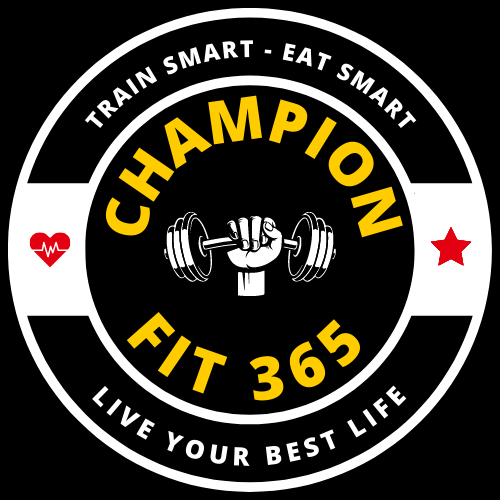10 Ways to Biohack Your Circadian Sleep Rhythm for Optimal Health
Alright, let’s talk about biohacking. No, it’s not some sci-fi movie plot; it’s about making small, incremental changes to your body, diet, and lifestyle to level up your health and well-being. Think of it as human enhancement, but you’re the scientist and the subject. From boosting brain function to shedding those extra pounds faster, biohacking has got you covered. So, let’s dive into how you can biohack your circadian rhythm for a well-lived life.
What Is Circadian Rhythm
First things first, let’s get to know your body’s internal clock, the circadian rhythm. Ever wonder why you feel sleepy at the same time every night or why you’re a morning person or a night owl? That’s your circadian rhythm at work. Trust me, it’s a big deal when it comes to your overall well-being.
Why It Matters
Understanding your circadian rhythm can help you make informed decisions about your daily activities. For instance, knowing when you’re most alert can help you schedule tasks that require focus and concentration. According to a study published in the Journal of Biological Rhythms, understanding your circadian rhythm can significantly impact your mental and physical health.
Light Exposure
Now, let’s talk about the sun, that big ball of fire in the sky. Getting some natural light during the day can actually help regulate your internal clock. So, step outside, soak up some rays, and let your body do its thing.
The Science Behind It
Natural light exposure, especially in the morning, can reset your internal clock. A study in the Journal of Clinical Sleep Medicine found that exposure to natural light in the morning improved sleep quality and duration.
Meal Timing
You are what you eat, but did you know it also matters when you eat? Consistent meal timing can help keep your circadian rhythm in check. So, try to eat your meals around the same time every day. Your body will thank you.
The importance of Timing
Eating at consistent times can help regulate your circadian rhythm, according to a study in the Journal of Clinical Endocrinology & Metabolism. This can lead to better sleep, improved digestion, and even weight loss.
Physical Activity
Here’s where things get interesting. Exercise isn’t just good for building muscle or losing weight; it can also help regulate your internal clock. So, whether it’s a morning jog or an evening workout, keep moving!
Exercise and Your Internal Clock
A study in the Journal of Physiology found that exercise can help regulate your circadian rhythm. This means that a consistent exercise routine can improve your sleep quality and overall well-being.
Technology And Sleep
Last but not least, let’s talk screens. You know, those glowing rectangles we can’t seem to live without? Limiting screen time before hitting the sack can actually improve your sleep quality. So, put down that phone, and let your body wind down naturally.
The Impact of Screens
According to a study in the Journal of Sleep Research, excessive screen time, especially before bed, can disrupt your sleep cycle.
Conclusion
So, there you have it, folks. Biohacking your circadian rhythm is like tuning a musical instrument; it takes a little bit of effort, but the melody of a well-lived life is worth it. And remember, “small actions repeated lead to big results when you just start!”
For more tips and insights, check out our podcast in the menu at the top of the page. Until next time, breathe easy and stay fit!
Ref:
This paper discusses the importance of oscillations in neuronal networks, which are relevant to understanding circadian rhythms.

